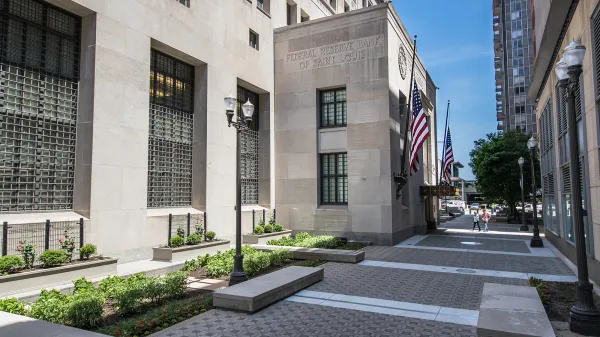
“
How much wealth inequality is there in the U.S.?
- The top 10% of households by wealth had $6.8 million on average. As a group, they held 69% of total household wealth.
- The bottom 50% of households by wealth had $48,000 on average. As a group, they held only 2.4% of total household wealth.
What is the current generational wealth gap?
- Younger Americans (millennials and Gen Zers) owned 69 cents for every $1 of wealth owned by Gen Xers at the same age.3
- Younger Americans (millennials and Gen Zers) owned 72 cents for every $1 of wealth owned by baby boomers at the same age.
What is the current racial wealth gap?
- Black families owned about 24 cents for every $1 of white family wealth, on average.
- Hispanic families owned about 23 cents for every $1 of white family wealth, on average.
What is the current wealth gap by household education?
- Families headed by someone with some college education (but no four-year degree) had 30 cents for every $1 of wealth held by families headed by a four-year college graduate.
- Families headed by someone with a high school diploma had 23 cents for every $1 of wealth held by families headed by a four-year college graduate.
- Families headed by someone with less than a high school diploma had 10 cents for every $1 of wealth held by families headed by a four-year college graduate.
Overall, average wealth grew for many groups during most of 2020 and 2021 (even after controlling for historic inflation). However, some of those gains were erased in 2022 and early 2023 with losses in financial markets and weakening housing markets.
“
Analysis – “All of this information and statistics is to say that the issue of wealth inequality is only getting worse.
People who can afford college, make more money
People of a certain race, make more money
People born before me, make more money
In a time of innovation and technological growth, we have yet to find the ability to either
- Solve the technical dilemma of wealth inequality or 2. Be able to justify why we can not distribute wealth. “
This reminds me of something I heard recently, that 5 years ago there was some scientific literature pointing at the idea that solving poverty indirectly solves pollution. Someone said that when you increase an adult’s yearly income in China or India to $5,000 a year they start to take into consideration the long-term view of their local environment. The fastest way to directly fix environmental pollution is actually to eradicate poverty. I have searched for this literature though and have yet to find it. – Easton Nguyen



